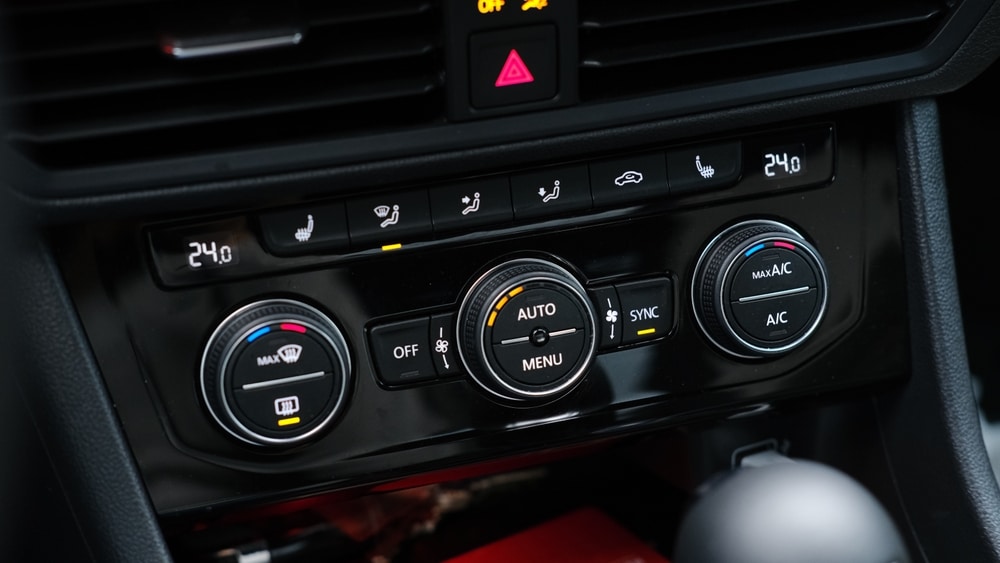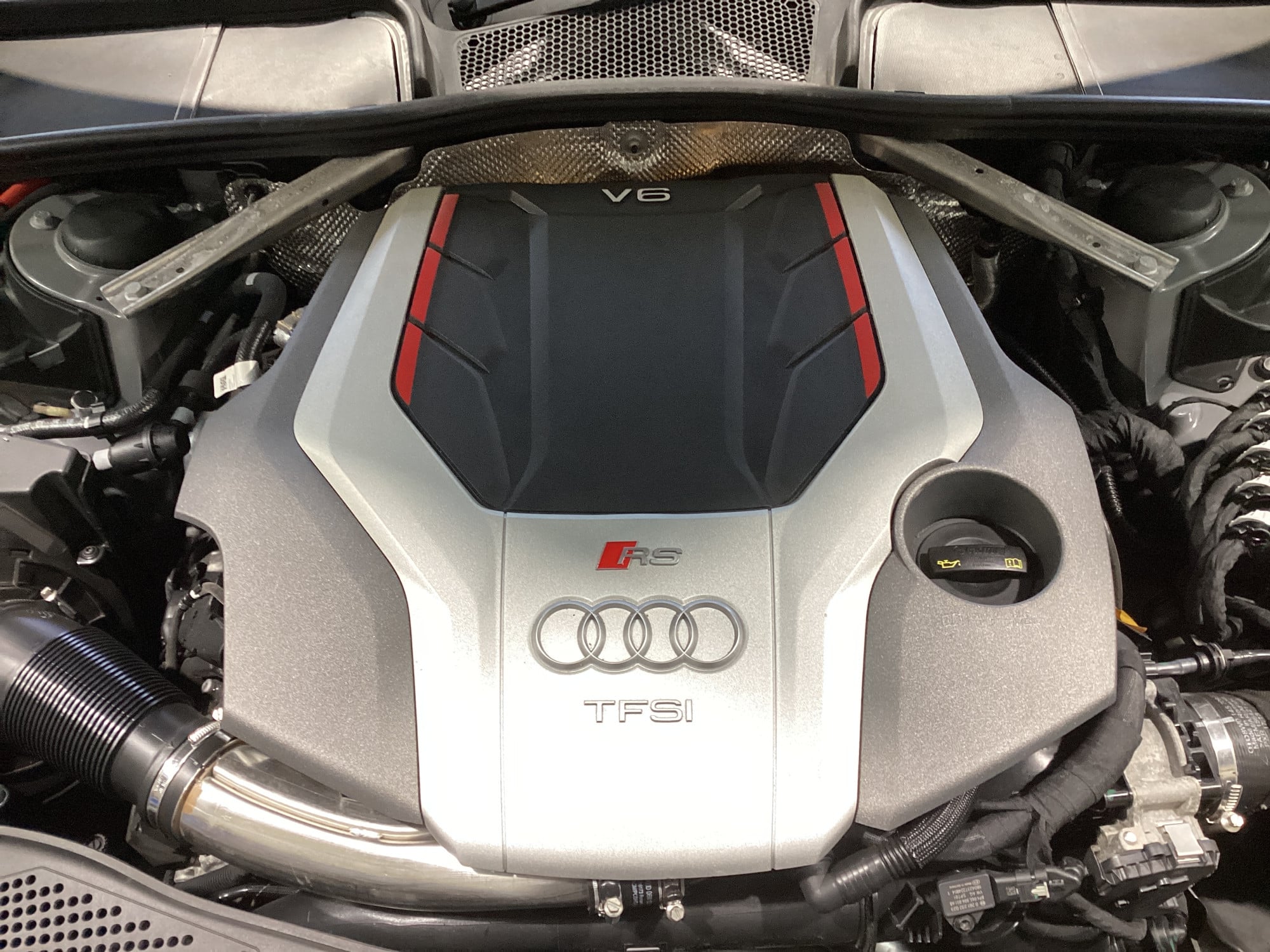Mercedes DPF Guide
Has your Mercedes diesel started feeling sluggish or showing warning lights on the dashboard? Maybe you’ve noticed reduced performance when accelerating? These could be signs of DPF problems. Your Diesel Particulate Filter plays a crucial role in your vehicle’s emissions system, and when problems arise, they need expert attention.
At JDK Automotive in Camberley, we understand that what starts as a simple warning light can quickly develop into a complex issue affecting both performance and reliability.
With an impressive {{average-rating}}-star rating and {{review-count}} five-star reviews from satisfied Mercedes owners across Surrey, our team specialises in diagnosing and resolving DPF issues before they escalate into costly repairs. Let’s start by understanding exactly what your DPF does and why it’s so important for your Mercedes’s performance and longevity.

Understanding Your Mercedes DPF System
Your Mercedes DPF is an advanced filtration system that catches the tiny black particles from your exhaust. These particles, technically called particulate matter, are so small that thousands of them would fit on a pinhead. Your DPF captures up to 95% of these particles from your exhaust gases, making it a vital part of meeting strict European emissions standards.
Here’s why it’s so clever: your DPF doesn’t just collect these particles – it cleans itself through a process called regeneration. Unlike a standard air filter that you simply replace when it’s full, your DPF requires specific driving conditions to maintain its effectiveness and protect your engine’s performance.
The Science Behind DPF Regeneration
Your Mercedes employs two distinct methods to clean its DPF, and understanding both helps explain why certain driving patterns can lead to problems.
Passive Regeneration: Natural Cleaning
During sustained driving on motorways and A-roads, your exhaust system naturally reaches temperatures between 350-500°C. At these temperatures, collected particulate matter oxidises into carbon dioxide gas, which then exits through your exhaust system. This cleaning process happens automatically when you maintain steady speeds over longer periods. Sustained driving at consistent speeds allows your exhaust to maintain the higher temperatures needed for regeneration – which is why including regular longer journeys at steady speeds helps keep your DPF functioning properly.
Active Regeneration: Assisted Cleaning
When your Mercedes detects the DPF is approaching its particulate matter capacity, it initiates active regeneration. The engine management system adjusts fuel injection timing and quantity to raise exhaust temperatures to approximately 500-600°C. This process requires a period of sustained driving at steady speeds to complete successfully.
Common DPF Issues We See at JDK Automotive
Our Camberley garage regularly diagnoses several recurring DPF problems specific to Mercedes vehicles:
- Short Journey Syndrome
Only taking short trips can prevent your DPF from reaching the temperatures needed for regeneration. Stop-start driving in local traffic, combined with frequent cold starts, creates conditions where particulate matter accumulates faster than it can be burned off. - Incorrect Oil Specifications
Using engine oil that doesn’t meet Mercedes-Benz specifications can significantly impact DPF performance. Our technicians always use manufacturer-approved oils and maintain precise service schedules to prevent oil-related DPF issues. - Failed Regeneration Cycles
Interrupted regeneration attempts can lead to progressive DPF blockage. When regeneration cycles are interrupted or don’t complete, this can affect the DPF’s performance, requiring professional diagnosis and intervention.
Warning Signs That Need Immediate Attention
Early detection of DPF issues can prevent costly repairs. Watch for these symptoms:
Dashboard Indicators
The most obvious sign is your DPF warning light – typically showing a filter symbol with particles. This warning may start as an amber light before progressing to red if left unaddressed. Never ignore these warnings – they’re your Mercedes’s way of requesting attention before more serious problems develop.
Performance Changes
Your Mercedes may show subtle changes in behaviour:
- Reduced power and slower acceleration
- Rougher engine idle, especially when cold
- Changes in exhaust smoke appearance
Professional Prevention Strategies
Prevention is always more cost-effective than repair. Our Mercedes specialists recommend:
- Optimise Your Driving Habits – If most of your journeys are short, your DPF (Diesel Particulate Filter) won’t get the chance to regenerate properly. To avoid costly issues, include occasional longer drives to allow the filter to clean itself. This small adjustment can keep your vehicle running smoothly.
- Follow Mercedes-Specific Maintenance – Regular vehicle servicing at JDK Automotive, helps maintain your DPF system. Our experienced Mercedes technicians understand these systems thoroughly and can identify potential issues early
- Use Correct Engine Oil – We always use Mercedes-approved oil grades and maintain proper fluid levels to support optimal DPF function.
Why Choose JDK Automotive for Your Mercedes
Our commitment to excellence includes:
- Mercedes Specialists: Our team have years of Mercedes expertise and are able to identify and fix DPF issues
- Transparent Communication: Clear explanations of any issues found
- Quality Guarantee: All work meets manufacturer specifications
- Competitive Pricing: Main dealer expertise without main dealer costs
Expert Mercedes Care in Camberley
Don’t wait for DPF problems to escalate. Ring JDK Automotive today on 01276 535585 to speak with our Mercedes specialists. We’re committed to keeping your Mercedes performing at its best while maintaining its environmental efficiency.



